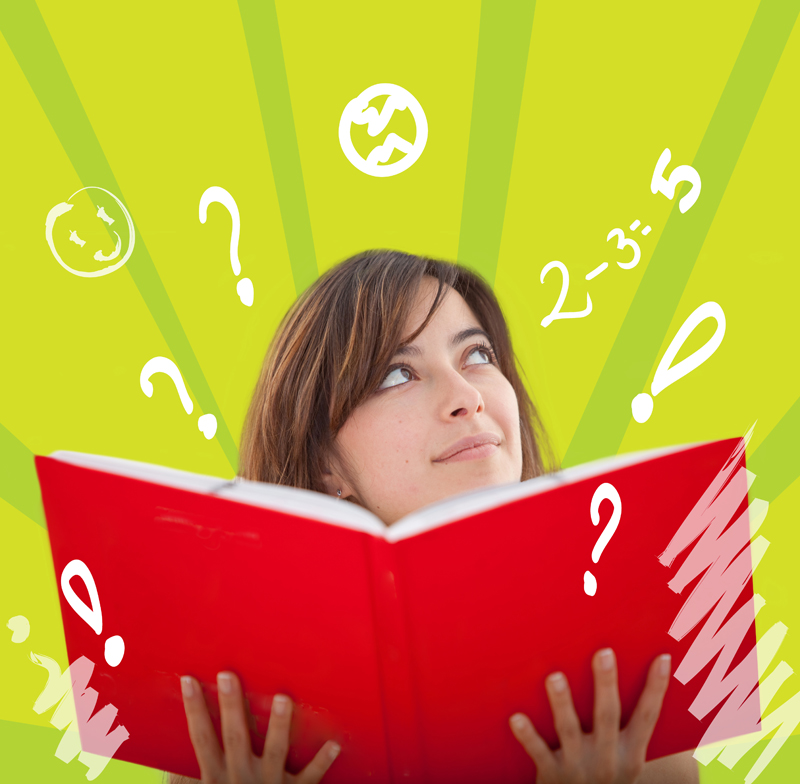Critical Reading: “shifting power from the writer to the reader”
Critical reading takes readers beyond what the text says to how and why it is said. It requires readers to examine authors’ biases and purposes – and the techniques authors use to achieve their goals. In fictional text, the biases and opinions of the narrator are not necessarily those of the author; however, they can still challenge the beliefs and biases of the reader.
There are several ways that readers read critically:
- by identifying the theme or message of the text
- by analyzing what response the writer is trying to elicit from the reader
- by noting the words and techniques the author has used to try to elicit that response
- by connecting to their own personal experience and the wider world
- by comparing their own experiences and beliefs to those of the author
- by challenging the author’s beliefs and perspectives and how they are conveyed

Ten prompts for guiding students to read critically:
1. What lesson or theme or message do you think the writer is trying to convey?
What are some key supporting details or events from the story that support that message? What information might be missing or confusing?
2. What can you infer about the biases or beliefs of the author/narrator?
In what ways are these biases/beliefs similar to your own beliefs? In what ways do they conflict with your own beliefs or thinking?
3. What kind of reaction do you think the author is trying to get from readers?
In what ways does the author/narrator try to make a connection with the reader? What techniques does the writer use to try to generate the desired reaction?
4. What is the overall voice or style of the piece – humorous, scary, friendly, persuasive, etc?
What details, words, and writer’s techniques support that tone?
5. From whose point of view is the story told?
Is this an appropriate choice for the story? Is the narrator’s voice the voice of “power” in this piece?
6. Whose voice might be missing in this piece?
How might the story be different if told from another point of view?
7. What messages or ideas might the author be implying or suggesting rather than stating outright?
What evidence from the text supports your thinking?
8. What real-life issues are discussed in this novel?
How do you think the author or narrator feels about these issues? What has the author done to make you think the same way about the issues as he/she does?
9. In what ways do you as a reader connect with the issues and themes in the novel?
Does (or doesn’t) this reading help you relate to the larger world? Why or why not?
10. Did the reading succeed in generating its intended response from you?
Why or why not?

